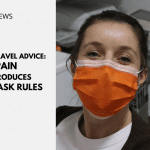CORONAVIRUS: 25 MYTHS AND FACTS
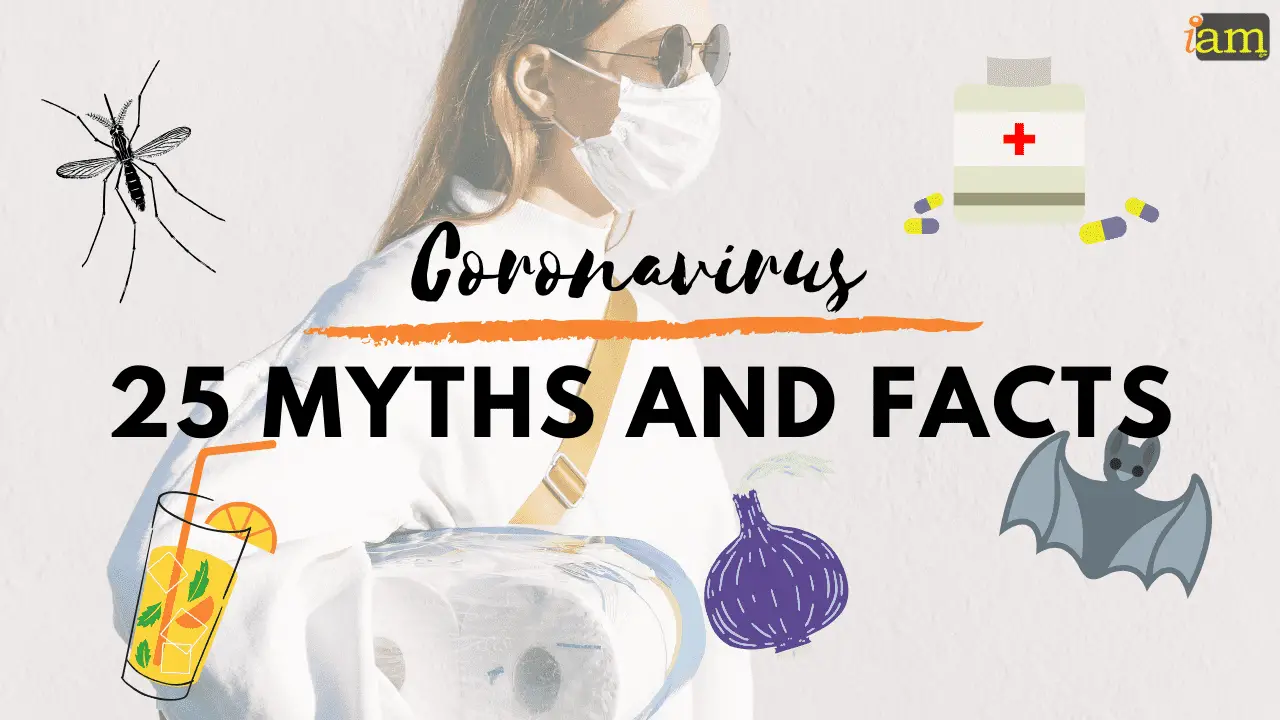
COVID-19: The biggest rumors and misconceptions
It’s not always easy to know the truth about the coronavirus outbreak. Because COVID-19 is a recent disease, we don’t have all the data available, and some people seem to like spreading fear and fake news on the internet.
Check out the 25 myths and facts about coronavirus, and don’t forget that what you read online should always be taken with a pinch of salt…
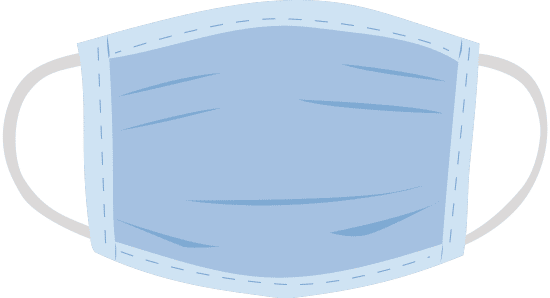
1. Surgical masks don’t work
However, the best protection mask is the N95 face mask: if properly fitted the respirator blocks at least 95 percent of very small test particles.
A recent idea is that the coronavirus might be present in the air, but only in confined space such as elevators or in non-well-ventilated areas. In this case, masks might be required in everyday life, and it is essential to ventilate the room.
The advice: wear a mask to protect others, and yourself to a degree
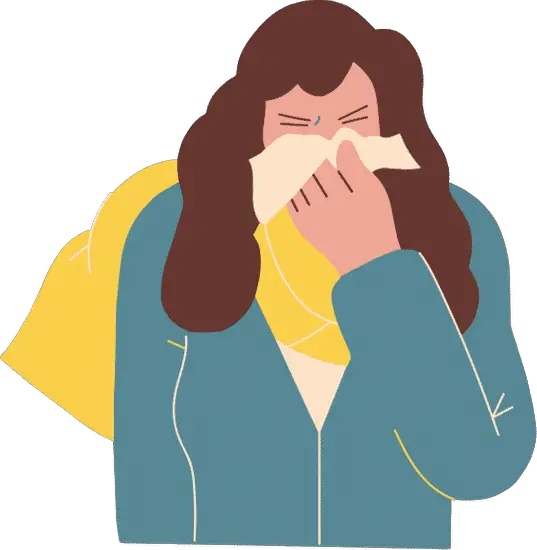
2. The COVID-19 disease is similar to winter flu
This was one of the biggest coronavirus myths that was circulating when the COVID-19 went pandemic. The majority of people infected by the virus have similar symptoms like the ones for flu (fever, cough, and tiredness).
However, about 20% of infected people have trouble breathing and a persistent pain or pressure in the chest beside other symptoms. The main difference is the death rate: the death rate from winter flu is around 0.1%, but the death rate for COVID-19, despite the fact that it is still unclear and different from country to country, the mortality rate is estimated at 3,4% by the WHO.

3. The Covid-19 disease only kills the elderly
It is true that the death rate of confirmed cases is way higher for people older than 70 years old (from 8,0% to 14,8%) and people under 50 years old have less than 0.5% chances of dying from the disease. The death rate is also higher in case you have an underlying disease or health condition, such as diabetes, cardiovascular disease, chronic respiratory disease, cancer, and hypertension. Check out the full list of medical conditions.
However, be aware that testing rates per country have a big impact on reported fatality rates.
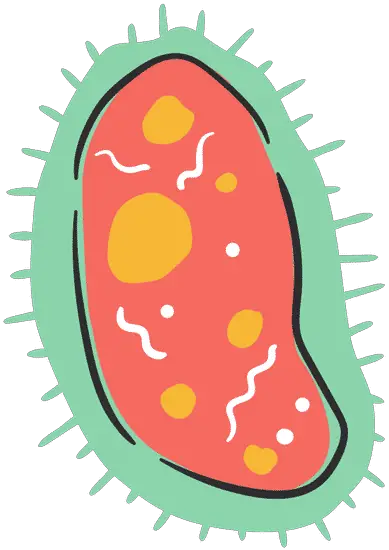
4. The new coronavirus is mutating into a stronger and more dangerous one
All viruses mutate. The virus responsible for the winter flu mutates over time too. Chinese scientists identified two main strains of the Sars-Cov-2 Coronavirus (the S strain, which is the ancestral version, and the L strain, which appears in 70% of the cases). There is not enough evidence to say that the L strain is more dangerous or can be transmitted more easily at this stage.

5. Coronavirus myths: You can’t be infected if you stay less than 10 minutes with an infected person
The most important thing is to avoid staying next to anyone who coughs and/or sneezes, to avoid droplets. Anyone that is infected or a transmitter can transfer the virus to you if the virus transfers to your eyes, nose, mouth or exposed cuts. It is even possible to be infected by touching contaminated surfaces and then touching your mouth, eyes or nose with infected hands.
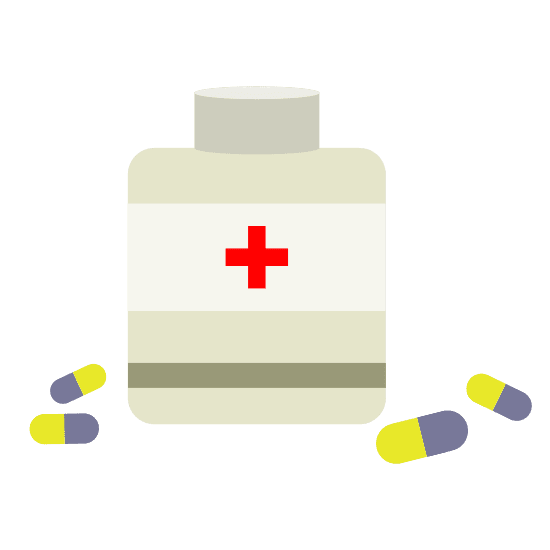
6. A treatment against the virus is ready and can be used now to treat patients
It is too early to say that scientists have found a treatment against Sars-Cov-2 coronavirus. The scientific community all over the world is divided about the efficiency of a hydroxychloroquine treatment, a medicine that is used to prevent and treat Malaria. Other researchers are testing the effect of Remdesivir, an antiviral drug originally created to target Ebola.
France is now testing plasma from patients who recovered from COVID-19: the plasma of those people contains the antibodies developed by their organisms to fight the coronavirus. The trials will involve 60 patients in Paris.
7. Antibiotics are effective against the coronavirus
Antibiotics only target bacteria. However, the French Doctor, Didier Raoult, who found the potential treatment for COVID-19 through the Hydroxychloroquine, says that the anti-viral has to be combined with the antibiotic Azithromycin for the treatment to be effective.
8. A vaccine against pneumonia is effective against the Sars-Cov-2 Coronavirus
The Pneumococcal vaccine protects you against pneumococcal bacteria only.
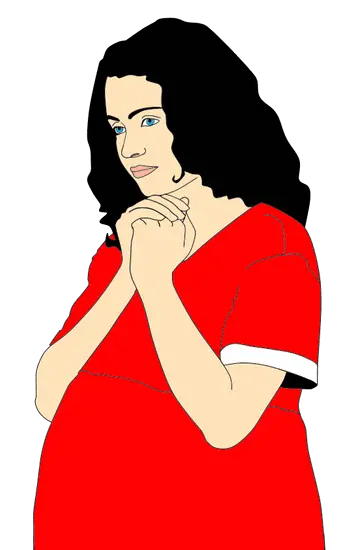
9. A pregnant woman with coronavirus can pass the virus to her foetus
There is still no evidence that a pregnant woman infected by the Sars-Cov-2 virus can pass the virus to her unborn child. The virus has not been found in breast milk either.
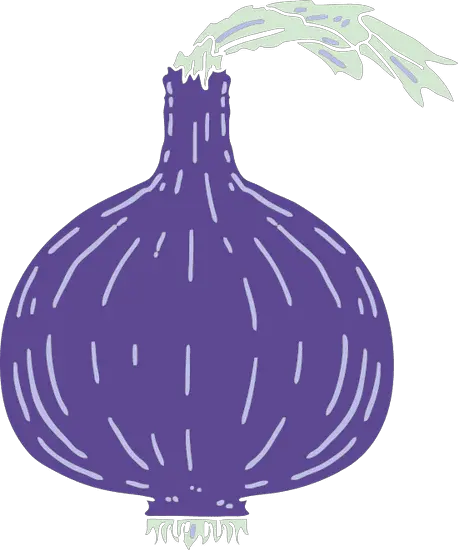
10. Eating a big amount of onion and garlic prevent you from catching the virus
It is true that garlic and onion contain allicin, a good immune-stimulating compound. However, it is not enough to prevent you from catching the virus.

11. Drinking orange juice prevent you from catching the virus thanks to Vitamin C
Vitamin C is an essential nutrient, involved in biochemical processes, including the ones related to immune health. The effectiveness of high doses of Vitamin C as a treatment against COVID-19 has not been proved. The best way to enjoy the little benefit of Vitamin C is to eat a fresh orange, because Vitamin C is very sensitive to light, hot temperatures and air.

12. Cold weather and snow, such as hot and humid temperatures, can kill the virus
There is no such evidence. With more than 1,000,000 confirmed cases of people infected by the new coronavirus all over the world, people seem to be infected no matter what.

13. Hot bath or shower can prevent coronavirus
There is no such evidence of this coronavirus myths.
However, carefully wash your hands or any part of your body in contact with contaminated surfaces.

14. Hand dryers or ultraviolet lamps can kill the virus
There is no such evidence to support this one of the coronavirus myths.

15. Cow urine and Yoga are a cure against novel Coronavirus
Despite the fact that public figures of the Hindu right have claimed that cow urine and yoga can be used in treatments for cancer, and so could be used to combat the coronavirus pandemic, there is no such evidence.

16. Mosquito bites can infect you with the virus
It is wrong: the Sars-Cov-2 coronavirus is a respiratory virus, transmitted by droplets when someone infected coughs or sneezes, or by touching eyes, nose or mouth after having touched an infected zone. Most scientists believe that the virus can travel to six feet.

17. Thermal scanners can detect people who are infected by the coronavirus
Thermal scanners only detect people who have developed a fever. Two tests can be used to detect the respiratory disease: the throat swab or the blood sample. Both give results in 5 to 6 hours.

18. The patient O has been infected by Sars-Cov-2 coronavirus while eating a bat soup
Experts are still unsure if bats are a hypothetical source of the coronavirus In China. However, a large number of wild live animals (such as donkeys, foxes, civet cats, badgers, bats, birds… that are often reservoir species for the virus), can be found in open-air markets (such as in the wet-markets of Wuhan, China): the close contact with live animals and the density of the population in those kinds of places might be the main reason of the transmission of the virus to humans.

19. Drinking liquor or spraying chlorine over your body help to protect you against the coronavirus
There is no evidence that liquor protects you against the virus. However, chlorine can be used to disinfect surfaces, not your body (it can be dangerous), knowing that the virus can stay in those surfaces for up to 72 hours.
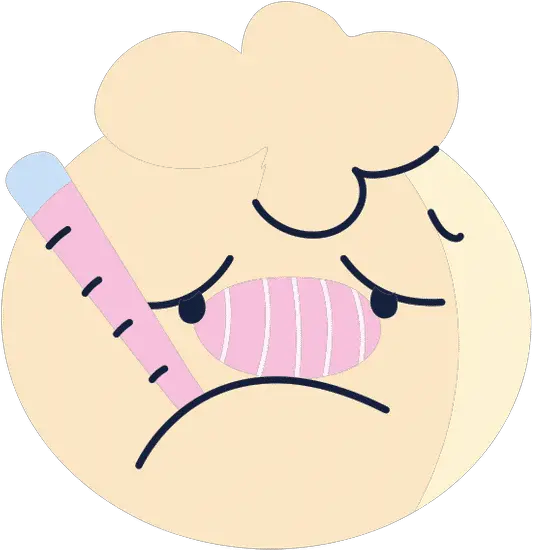
20. You can catch the Sars-Cov-2 coronavirus twice
Up to 10% of coronavirus patients tested negative after they left hospitals in Wuhan seem to have been later re-infected.

21. Pets can spread the disease
Only 3 pets have been tested positive for COVID-19 illness so cats and dogs pose very little risk to people, knowing that more than 1,000,000 humans have been infected already.
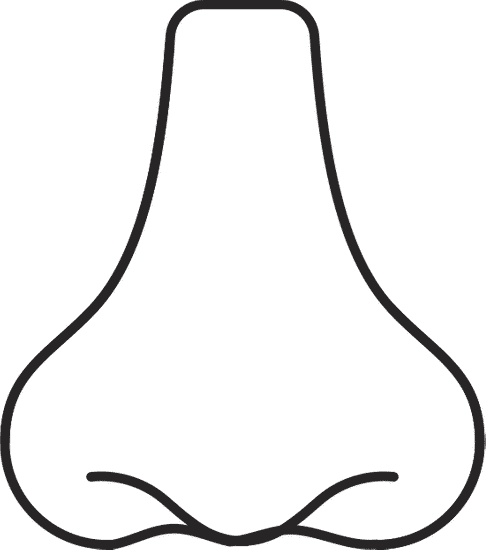
22. Rinsing your nose with saline protects you against coronavirus
There is no such evidence to support this coronavirus myth.
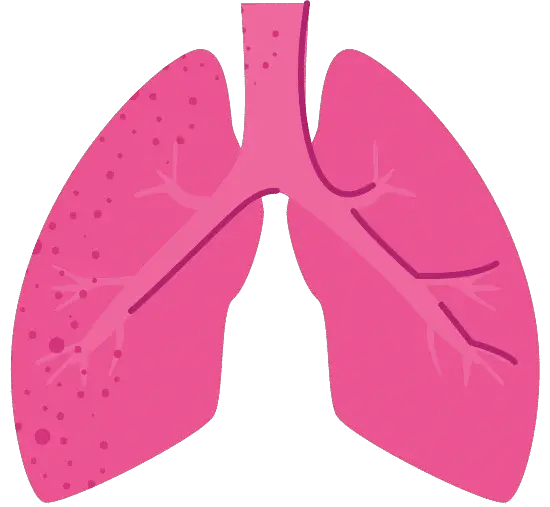
23. Holding your breath for 10 seconds or more without feeling discomfort or coughing means that you are not infected by Sars-Cov-2 Coronavirus
There is no such evidence, and it doesn’t mean either that you are free from any other lung disease.
Did you believe some of the myths above?
If you liked this article, don’t forget to share it with your community!
Contact the IaM team to know more about visas and passports, to be fully ready to travel the world when the borders will reopen!
- Top 20 Travel Bloggers from the UK and their travel blogs to follow in 2020 - 19 April 2020
- Coronavirus travel restrictions: Is Summer holiday travel back on? - 17 April 2020
- Coronavirus update: EU Commission and State aid - 16 April 2020




